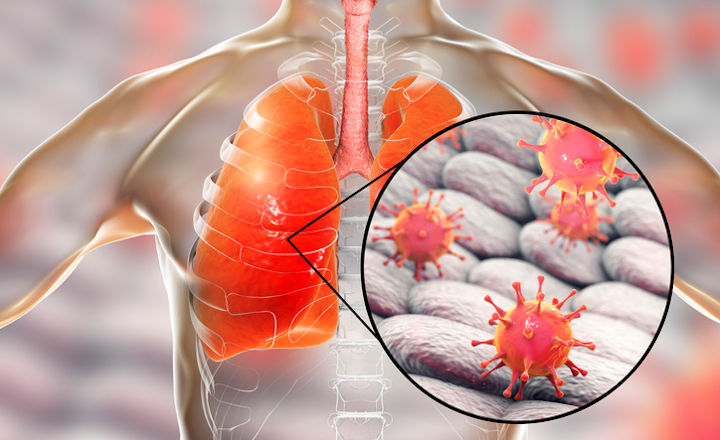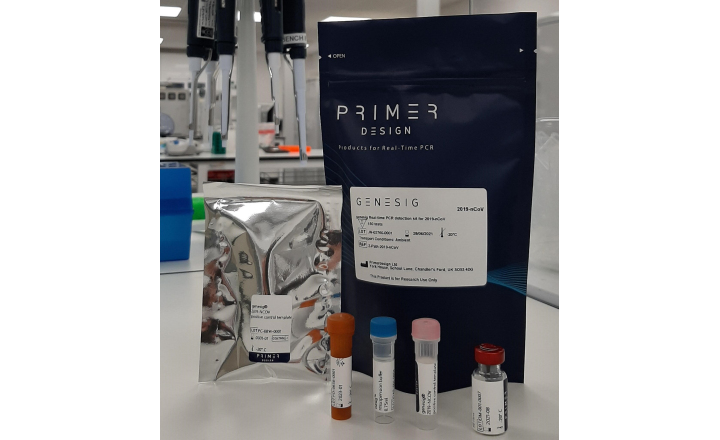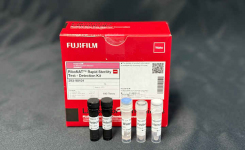 A novel coronavirus (2019 nCoV) outbreak with links to a large animal and seafood market in the Wuhan province of China has spread rapidly within the community resulting in over two hundred (some experts say over 1,000) human infections with three deaths reported. Chinese Health Authorities have stated that there is no sustained spread of the virus, as there has been no secondary transmission between the healthcare workers and the infected persons. However, airports outside of Wuhan are screening incoming travellers from that region, with cases already reported in Thailand and Japan.
A novel coronavirus (2019 nCoV) outbreak with links to a large animal and seafood market in the Wuhan province of China has spread rapidly within the community resulting in over two hundred (some experts say over 1,000) human infections with three deaths reported. Chinese Health Authorities have stated that there is no sustained spread of the virus, as there has been no secondary transmission between the healthcare workers and the infected persons. However, airports outside of Wuhan are screening incoming travellers from that region, with cases already reported in Thailand and Japan.
Coronaviruses are the largest of any known RNA virus and contain club-shaped glycoprotein spikes on their surfaces, giving the virus a crown-like morphology (corona is Latin for crown). Coronaviruses cause respiratory problems in animals and humans and can be fatal to immunocompromised persons. The Wuhan area is known to have atrocious air pollution and many Wuhan civilians took to the streets last year in protest at the government's failure to tackle the problem.
The Wuhan area is the heart of China for its travel infrastructure and will see a lot of human traffic for Chinese New Year Holidays this week. The Centres for Disease Control and Prevention (CDC) have provided 'Interim laboratory biosafety guidelines for handling and processing specimens associated with 2019 novel coronavirus' through their website, which can be accessed here.
Click here to our list of suppliers of products related to testing for the coronavirus.



















